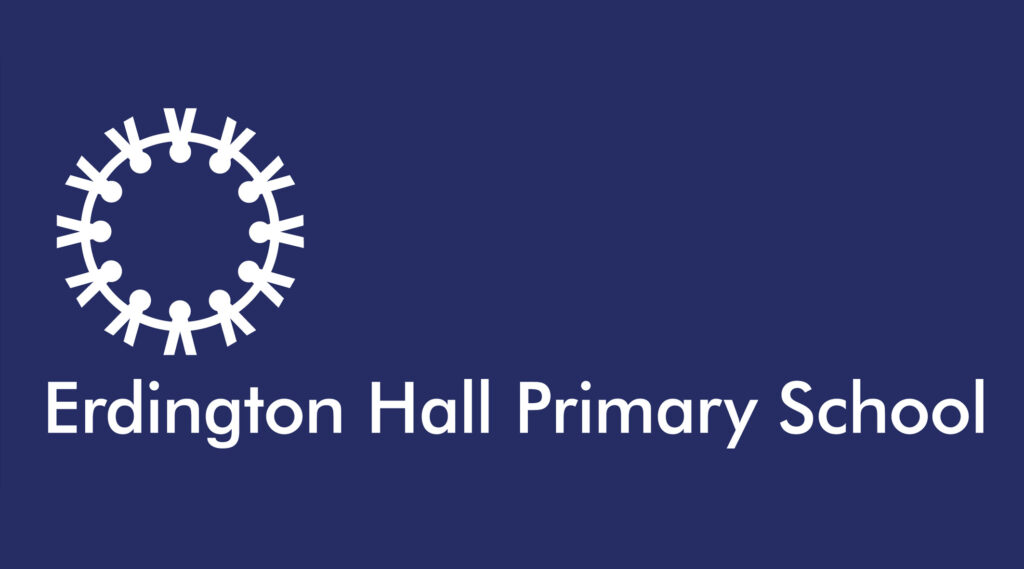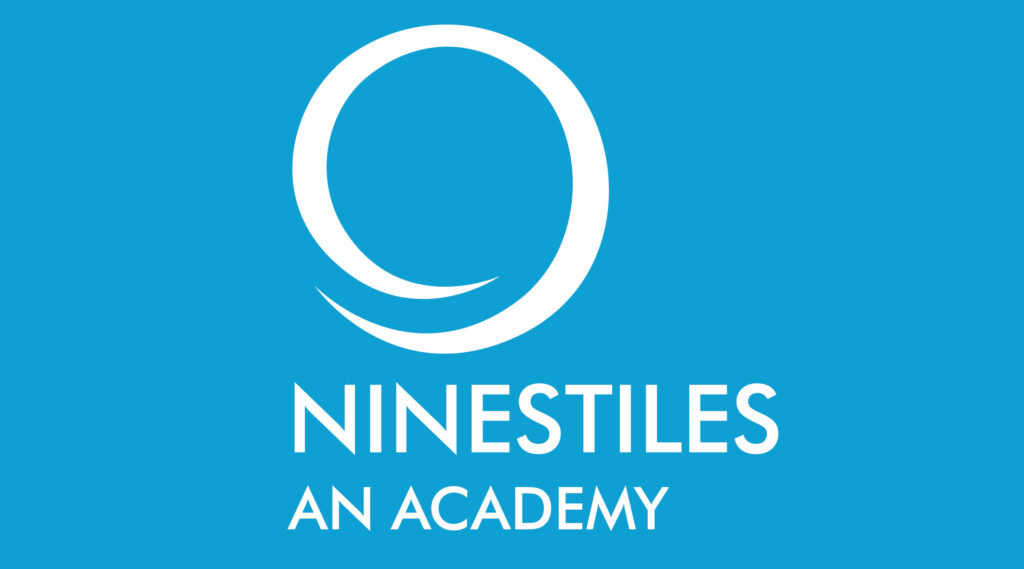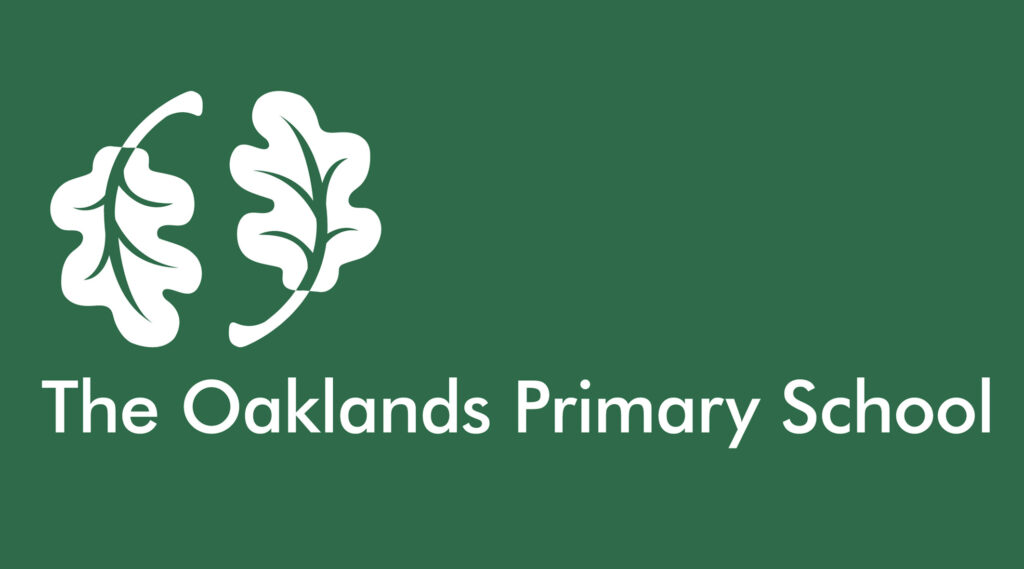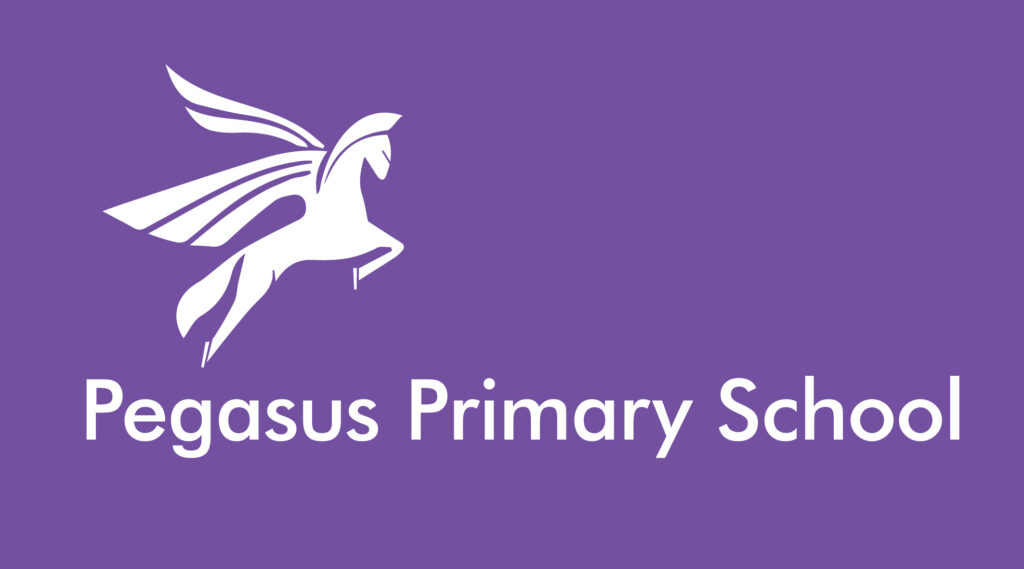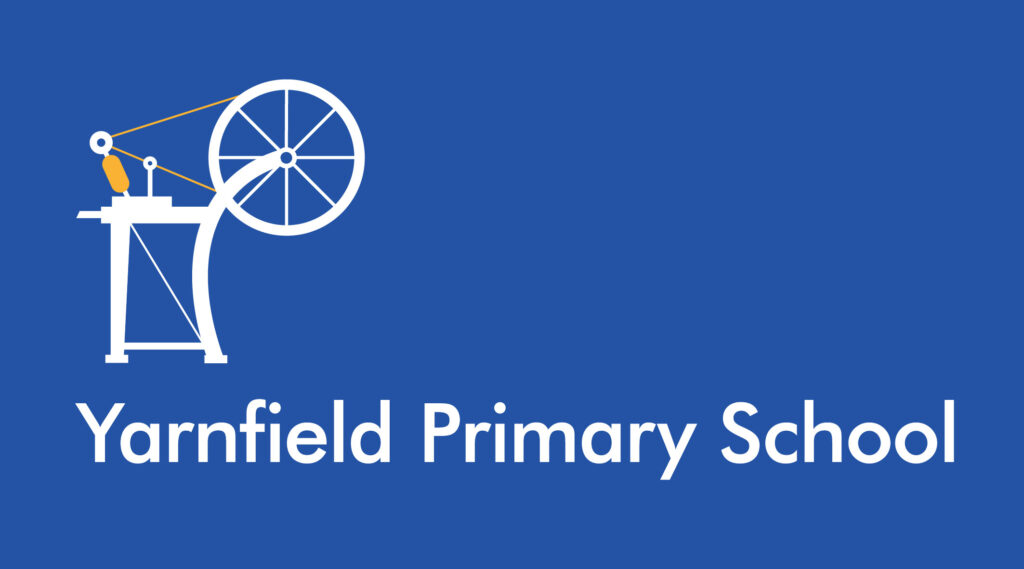Safeguarding Team
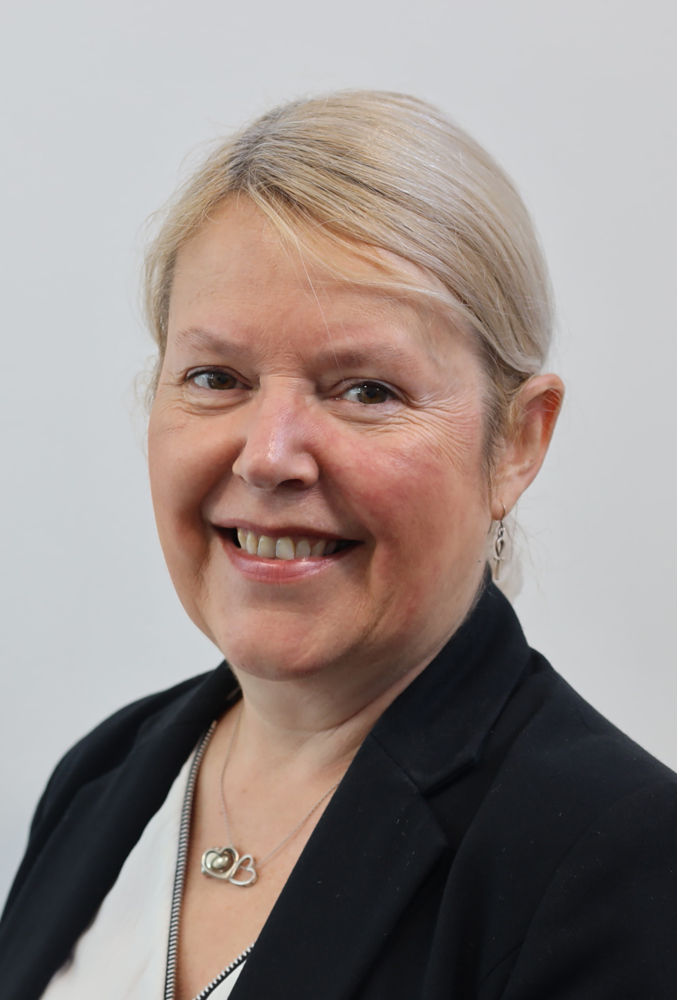
Mrs Bloomer
Designated Safeguarding Lead (DSL) Tel: 07496 881294
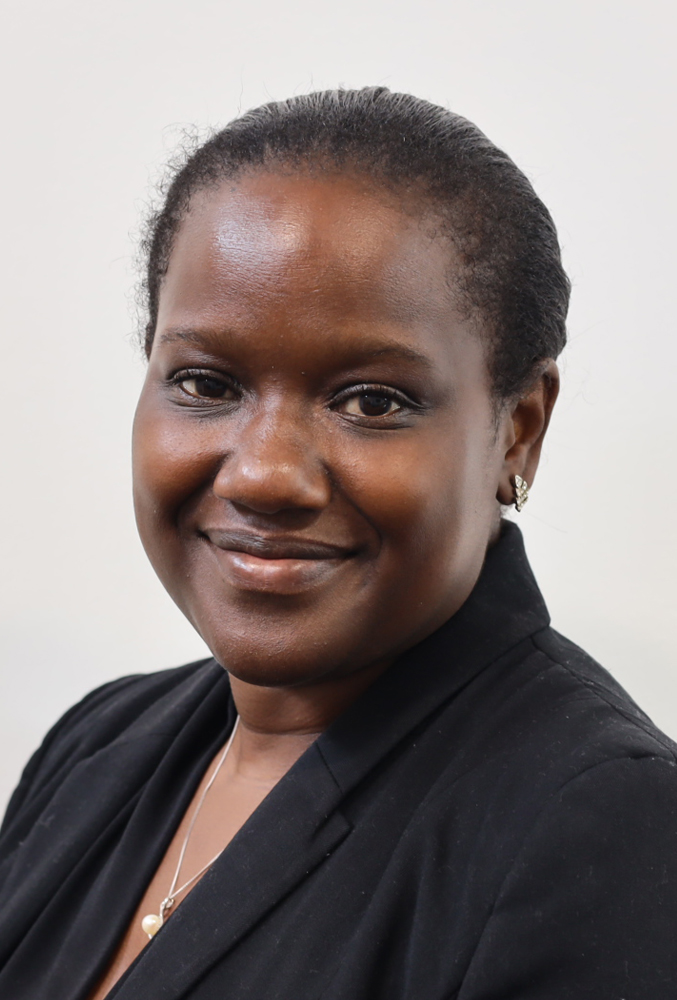
Mrs Kapswara
Deputy Designated Safeguarding Lead Vice Principal
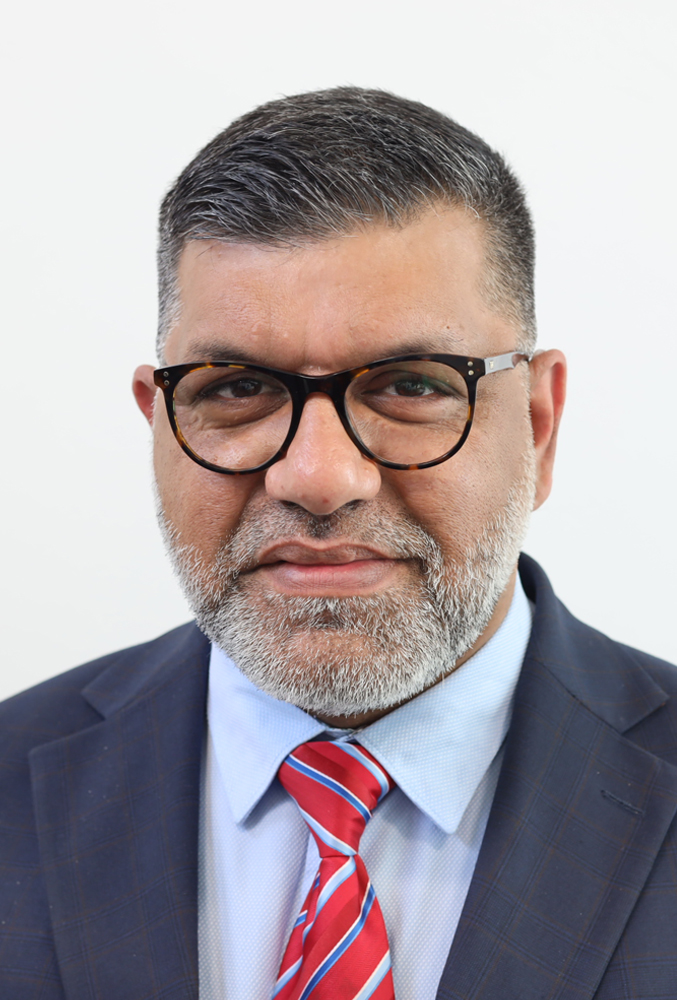
Mr Butt
Deputy Designated Safeguarding Lead Principal
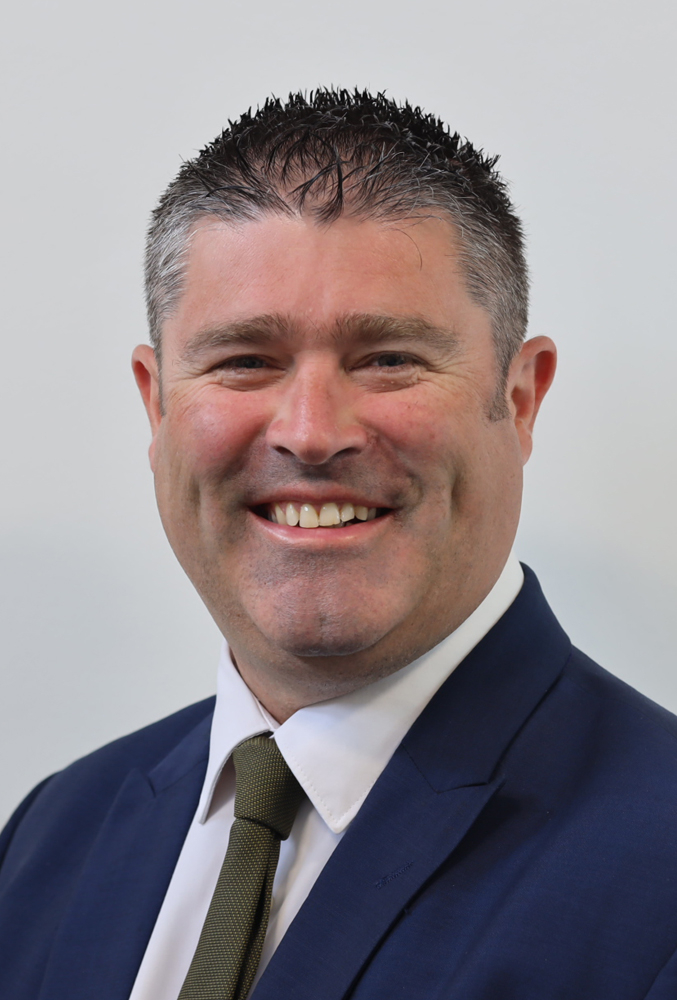
Mr Bohdanowitsch
Deputy Designated Safeguarding Lead Vice Principal
Our commitment to safeguarding:
Lyndon School is committed to safeguarding and promoting the welfare of children – we expect all staff and volunteers to share this commitment. We work closely with the both the Solihull and Birmingham Safeguarding Boards and actively support the Government’s Prevent Agenda to counter radicalism and extremism.
We have a number of policies and procedures in place that contribute to our safeguarding commitment, including our Safeguarding and Child Protection Policy which can be viewed below, along with our Trust Safeguarding Strategy.
At Lyndon School the following members of staff are our Designated Safeguarding Leaders.
Please report any safeguarding concerns relating to any of our students to one of the team.
Emergency Safeguarding Calls: 0121 743 3402
Online Safety
Key Documents
Advice For Parents/Carers and Young People
Disrespect Nobody – Relationship abuse
Abuse in relationships can happen to anyone. It’s not normal, it’s never OK and definitely not part of a healthy relationship
Disrespect Nobody – Sexting
Sexting is when someone sends or receives a sexually explicit text, image or video.
Domestic Violence & Abuse · Emergency Injunction Service (ncdv.org.uk)
Help if you are experiencing domestic abuse
Educate against hate
Practical advice and information on protecting children from extremism and radicalisation
Educate Against Hate
The purpose of this website is to provide practical advice, support and resources to protect children from extremism and radicalisation.
Gov.uk – Advice to schools and colleges on gangs and youth violence
Gang or youth violence.
Gov.uk – Child abuse linked to faith or belief
Information for those who work with children on a plan to help prevent child abuse arising from religion or superstition.
Gov.uk – Children missing education
Statutory guidance for local authorities and advice for other groups on helping children who are missing education get back into it.
Gov.uk – Children who run away or go missing from home or care
Statutory guidance for local authorities and their partners to stop children going missing and to protect those who do.
Gov.uk – Domestic violence and abuse
Find out about domestic violence and abuse, coercive control, disclosure scheme, protection notices, domestic homicide reviews and advisers.
Gov.uk – Drugs: advice for schools
Guidance for school leaders and staff on managing drugs, drug-related incidents within schools and pastoral support for pupils.
Gov.uk – Forced marriage
Information and practice guidelines for professionals protecting, advising and supporting victims.
Gov.uk – Mental health and behaviour in schools
How to identify and support pupils whose behaviour suggests they may have unmet mental health needs.
Gov.uk – Missing children and adults
The Missing Children and Adults strategy focuses on vulnerable people who go missing within England and Wales.
Gov.uk – Multi-agency statutory guidance on FGM
Multi-agency guidelines on FGM for those with statutory duties to safeguard children and vulnerable adults.
Gov.uk – Preventing bullying
Guidance for schools on preventing and responding to bullying.
Gov.uk – preventing radicalisation
Prevent duty guidance for Scotland and England and Wales.
Gov.uk – private fostering
Statutory guidance for local authorities on safeguarding and promoting the welfare of privately fostered children.
Gov.uk – Safeguarding children in whom illness is fabricated or induced
Guidance on protecting children where carers or parents fabricate or induce illness in a child.
Gov.uk – Safeguarding children who may have been trafficked
Departmental advice to help agencies and their staff safeguard and promote the welfare of children who may have been trafficked.
Gov.uk – Violence against women and girls
Violence against women and girls (VAWG) are serious crimes.
Gov.uk – What to do if you suspect a child is being sexually exploited
Departmental advice on the national action plan for tackling child sexual exploitation.
Kooth: Mental Health Support
Kooth is being provided now as a free, safe and anonymous service to support young people’s emotional and mental health in Birmingham.
NSPCC – Online Safety
NSPCC have teamed up with O2 to help you keep children safe when they’re using the internet, social networks, apps, games and more.
NSPCC – Supporting children worried about terrorism
Advice can help parents talk to their children worried about recent events
Operation Encompass
Have you received an Operation Encompass call about a child in your school, or are you concerned about a child or children in your school who are experiencing domestic abuse?
Parents Ultimate Guide to TikTok
See me, hear me! – Child Sexual Explotation
CSE can happen in many ways, young people may believe they are in a relationships.
Self-Induced Asphyxiation
Risky behaviours, first aid, emotional health and wellbeing we raising awareness of self-induced asphyxia
Students Against Depression
Are you or someone you care about feeling persistently sad, low, anxious or empty?
TALK
All parents and carers need to be aware of the risks of online child sexual abuse and the scale of the issue affecting children today.
The Breck Foundation
Campaigns for a safer internet for all children and young people – whether they are gaming, communicating on social media, using apps or taking part in any other internet-based activity.
Think you know – Age 11 – 13
Let’s keep the internet fun. Get advice about keeping you and your friends safe.
Think you know – Age 5 – 7
This website to helps you go on the internet in a safe way and know who to talk to if you are worried.
Think you know – Age 8 – 10
Think you know have created this area for you to show you what we think is good, look at what’s not and show you ways you can get yourself out of bad situations.
Think you know – Concerned about your child?
If you’re concerned about your child and need information or further help and support, you’re in the right place.
Think you know – Parents
Before doing anything, take a deep breath and try to remain calm. There’s lots of information and advice on this site to help you keep your child safe and access support.
Our Trust Our Family

